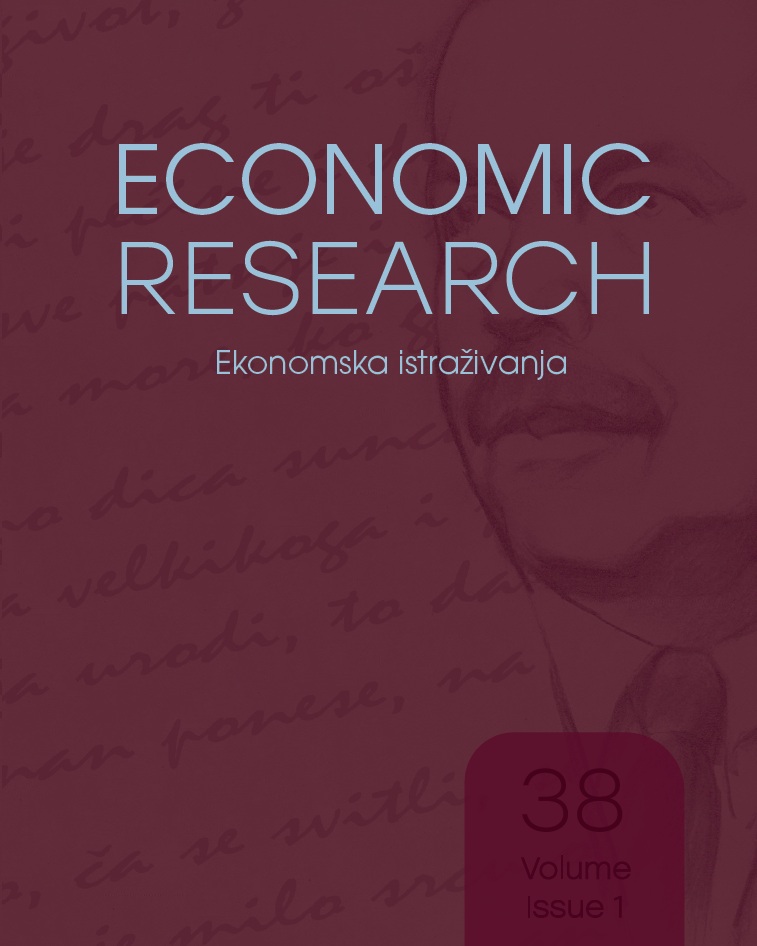The Dynamic Spillover Effect of BRICS Countries’ Monetary Policies on RMB Exchange Rate and China's Trade Balance
——Empirical Testing Based on TVP-SV-VAR Model
Keywords:
BRICS countries, monetary policy, spillover effects, digital economyAbstract
Using the Time Varying Parameter-Stochastic Volatility-Vector Autoregression (TVP-SV-VAR) model within a Bayesian inference framework, this study examines the spillover effects of BRICS economies' monetary policies on the Renminbi (RMB) exchange rates and China's trade balance from November 2006 to December 2022. The spillover effects are categorized into interest rate effects and monetary effects. The empirical findings reveal that, through the interest rate effect channel, the monetary policies of BRICS countries exert a detrimental spillover effect on the RMB exchange rate, while initially benefiting but ultimately harming China's trade balance in the short and long term, respectively. Conversely, under the monetary effect channel, these policies adversely impact the RMB exchange rate but beneficially influence China's trade balance. Consequently, it is imperative to develop a robust early warning system for economic policy indicators in emerging economies such as BRICS, enhance policy cooperation among BRICS nations, and foster coordinated advancement of international trade and cross-border capital flows within the BRICS consortium.
Downloads
Published
Issue
Section
License
Copyright (c) 2025 Economic research - Ekonomska istraživanja

This work is licensed under a Creative Commons Attribution-NonCommercial 4.0 International License.
This work is licensed under CC BY-NC 4.0. To view a copy of this license, visit https://creativecommons.org/licenses/by-nc/4.0/





